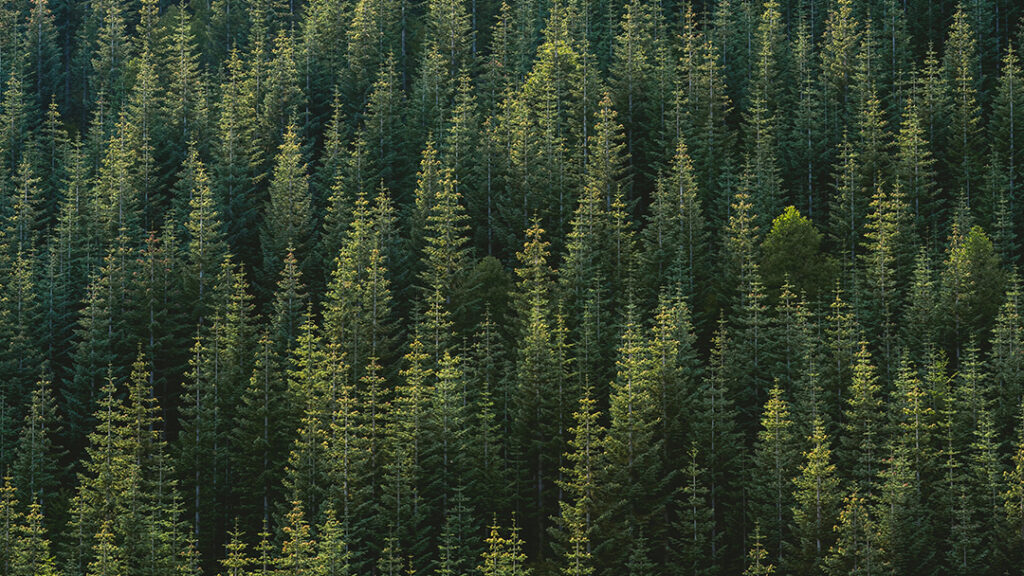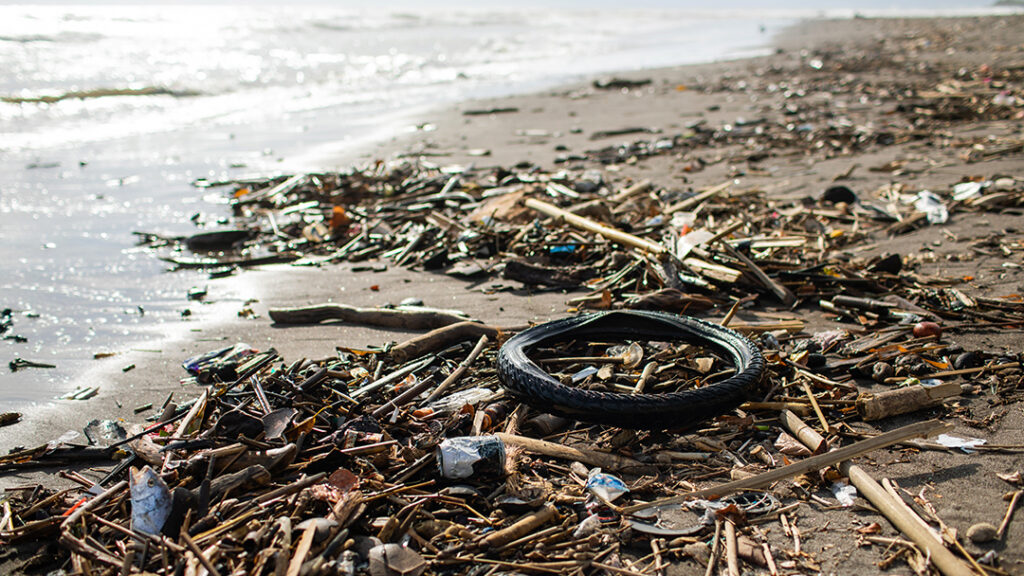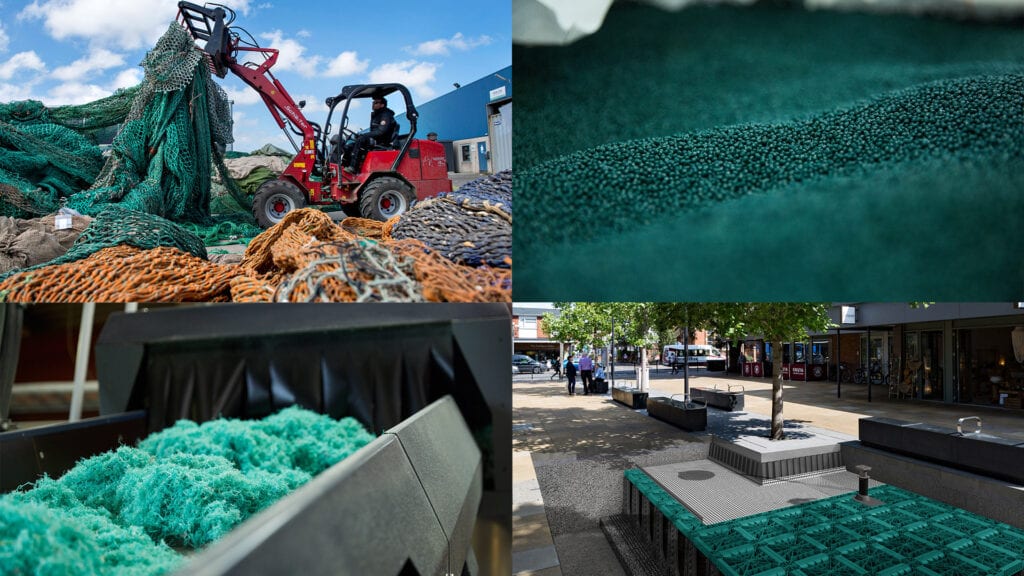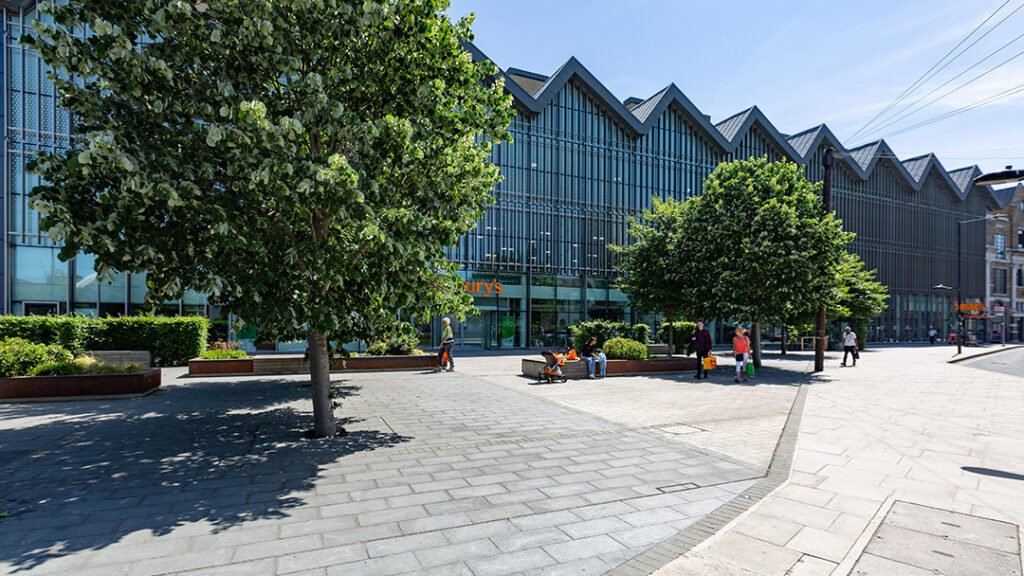In celebration of Earth Day – 22nd April, GreenBlue are proud to endorse our team as industry educators, covering all disciplines on 5 of the dedicated long term focus areas Earth Day signifies:
• Climate Action
• Science and Education
• People and Communities
• Conservation and Restoration
• Plastic and Pollution

Our mission statement illustrates how we aim to ‘enable sustainable cities through green and blue infrastructure’. Combining Green and Blue elements is an effective way to provide a sustainable natural solution to urban and climatic challenges. Vegetation assists with air pollution removal, stormwater management and heat island effects as well as creating places that are more pleasant and less stressful to live in.
GreenBlue is a global leader in harnessing nature to protect communities from extreme climatic challenges and to improve quality of life in the most challenging urban areas. Within our current changing climate, we are now forced to confront the effects that our behaviour has had on the natural world around us. The topic of climate change is no longer a conversational argument, the facts are crystal clear and have become our harsh reality. – Human change mitigates climate change.
As a nation, we continue to educate our population through facts, figures, and media content. Global industry leaders advertise news articles daily, producing documentaries on large audience platforms and enforcing legislation movements.
“If current fishing trends continue the way they are, we will see a ‘global collapse’ of fish species with empty oceans by 2048.”[The New York Times]
A recent study of the ‘great pacific garbage patch, an area of plastic accumulation in the north pacific, estimated that it contains 42,000 tonnes of mega plastics, of which 86% were recorded as fishing nets.

Staggeringly, when these are broken down into microplastics within our oceans, they outnumber the stars in the milky way galaxy by at least 500 times, bleeding into every living creature within our oceans. Even some of the most remote places on earth are inundated with fishing lines. Over many years we have seen our UK beaches be the resting place of washed-up wales, with fishing gear as the main source of waste within their stomachs.
“Ghost fishing nets kill over 130,000 sea mammals every year” [WWF]
A new WWF report states that abandoned fishing gear is an “immortal menace” and must be central in the fight against our plastic pollution crisis.
The Sea Shepherd crew and volunteers continue to campaign globally that at least half of the ocean waste is not consumer plastics but is ghost nets, which has resorted in a 30% decline in many fish populations.
Even with all of these large industry advocates, we continue to see long line fishing nets and trawler fishing vessels scar our ocean floors which can be seen from space. The damage from trawler fishing can swallow marine life to the extent and size of 13 jumbo jets, leaving nothing but a wasteland behind.
“Dumped fishing gear is the biggest plastic polluter in the oceans.” [The Guardian]
As a Green and Blue consciousness company, we are fully aware that 25 million acres of land is lost a year to deforestation and equally horrified that trawling vessels wipe out 3.9 billion acres of seafloor deforestation.
Green infrastructure is often described as interconnected networks of multifunctional green space which provides multiple benefits and can accommodate sustainable development. In support of The Canopy Project, many organisations are currently enabling woodland creation with the help of DEFRA funding for which we fully support. Urban street trees are also being considered with updated policy (NPPF) for newly built schemes and enhanced consideration along highways to include SuDS. With a range of tree planting packages, the street trees planted using ArborSystem will enable optimum canopy cover growth, minimising carbon by 3-7%.

As 93% of the worlds CO2 is stored within our oceans, Greenpeace report that there is a severe threat to the earth’s largest carbon sink. The international organisation supporting the preservation of endangered species is urging the world’s governments to take drastic action and safeguard the ocean’s ability to capture carbon. Greenpeace has protested for an Ocean Treaty to the United Nations, committing to protect at least 30% of the world’s ocean.
A single mature tree can absorb carbon at a rate of 21.6kg per year
GreenBlue is committed to reducing the disposal of plastics. We have teamed up with Plastix to produce RootSpace Ocean – A pavement support system manufactured from recycled marine industry waste. Plastix helps to recycle over 12,000 tons of recycled plastic per year, turning plastic ocean debris; nets, ropes and post-use rigid plastics undergo a process of extrusion, washing, drying and separation before being cut into green pellets ready for production. Creating a product that enables sustainable load-bearing paving support systems that provide optimum soil conditions for root growth. Enabling landscape architects and planners to specify with confidence enabling successful award-winning projects.
Discover more on Rootspace Ocean here.
Most of the positive changes that bring about movement in human civilisation start from a single person changing their ways, creating a ripple effect on others.
We hear Sir David Attenborough and Greta Thunberg spreading the word of the urgent importance of working towards a more sustainable future and lessening the effects of climate change, perhaps today that person could be you with one small step?
Take the design leap by thinking outside of the box and include products such as RootSpace Ocean, using the fishing nets that cause so much damage to our most valued natural resource and give back to the natural environment in a positive way.
GreenBlue Urban = Cleanblue Oceans

